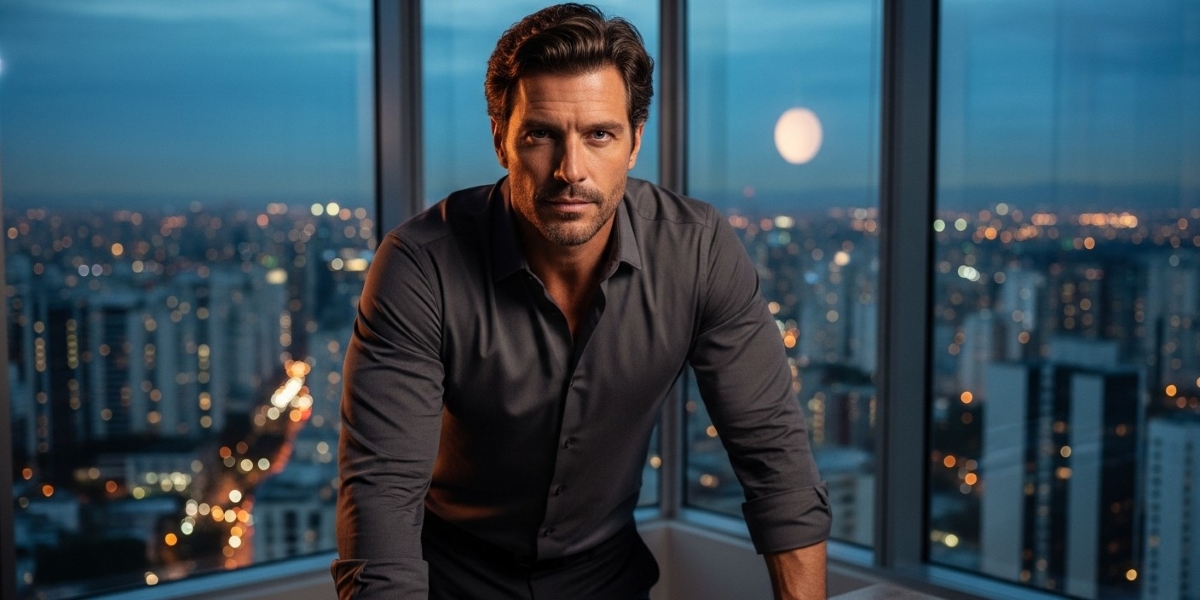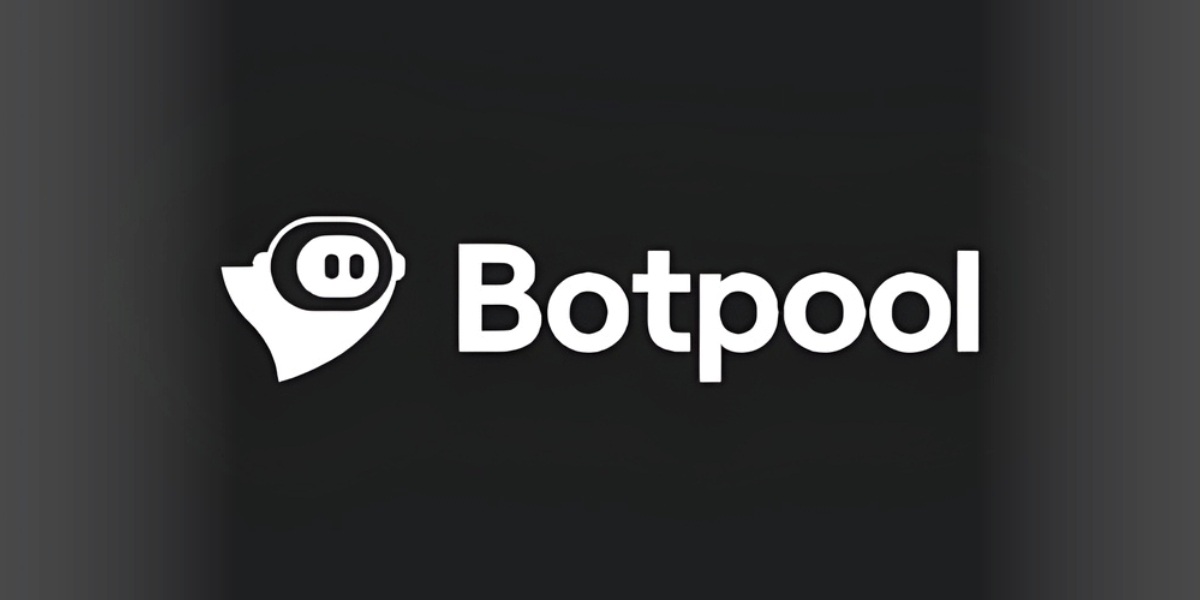Every business is built upon a foundation of assets, such as financial capital, intellectual property, operational processes, technology infrastructure, and brand equity. These elements are vital, and each plays a role in organizational stability and growth. Amid these tangible and intangible resources, there’s one asset that arguably surpasses them all in terms of potential: people.
Lynn Giuliani Burke, founder and president of The Summit Group, Inc., believes that when empowered, engaged, and inspired, it’s people who drive transformation. Companies that meaningfully invest in their people are more likely to unlock innovation and productivity and cultivate resilience and adaptability in a rapidly shifting world.
Burke knows this well as a seasoned business strategist, leadership consultant, and educator whose work revolves around maximizing human potential within organizations. For decades, she has brought executive retail experience and leadership development expertise to the table. Before founding her consulting firm, Burke held senior roles at high-end retail institutions and even launched her successful retail venture. This background gave her firsthand insight into the importance of people-centric leadership.
Transitioning from commerce to consultancy, she began working with corporate leaders across industries, helping them dismantle outdated organizational mindsets and build future-ready cultures rooted in trust, creativity, and human accountability. Her consulting practice, The Summit Group, specializes in leadership education, executive coaching, and strategic transformation.
Burke’s insights resonate in today’s business landscape, where many leaders often find themselves struggling with organizational inertia. “I observed that CEOs are usually expected to have all the answers, yet they themselves are hoping their teams will contribute innovative ideas. This misalignment creates a void,” she says.
In such environments, survival mode becomes the dominant culture, and innovation can be stifled under the weight of outdated strategies and fear of risk. Burke emphasizes the necessity of moving beyond this reactive mindset, replacing it with a proactive, vision-driven culture where employees are co-authors of the company’s future.
Research supports Burke’s claims. According to Gallup, only 23% of employees feel engaged at work, and disengagement costs the global economy trillions annually. The reason? Employees may feel like cogs in a machine. They feel disconnected from the mission and unseen by leadership. Burke sees this as a missed opportunity. She argues that when companies align business goals with employees’ personal concerns and aspirations, the result is a potentially powerful synergy.
Burke recounts an example of this philosophy in action. A business unit within a global corporation had experienced 10 consecutive years of sales decline. Leadership, operating from a place of pressure and fear, sought cost-cutting solutions, believing operational efficiency was the fix. But when Burke was brought in to work with the senior team, the approach changed.
She facilitated a process that first allowed team members to confront their fears and guided them to see that they would survive such outcomes. This mental shift removed the psychological barriers of survival mode and opened the space for creativity. From there, the team authored a new vision for their division.
They revised their market strategy, cutting out intermediaries and engaging directly with end users. The unit, once defined by decline, won a corporate award for year-over-year sales increase. “It wasn’t a new software or AI tool that led to the turnaround,” says Burke. “It was people, invested and empowered.”
This kind of breakthrough isn’t an anomaly. Burke has seen it happen repeatedly. When leadership invests not just money but meaningful time in employee development, transformation can follow. One of The Summit Group’s programs, a six-month leadership development course, has shown effectiveness in instilling long-term change in high-pressure corporate environments. Participants, often buried in thousands of daily emails and constant stress, reported a shift in their leadership style and a renewed sense of purpose.
Ultimately, Lynn Giuliani Burke advocates for a human-centered and future-facing model of leadership. She encourages leaders to adapt not by controlling but by cultivating curiosity, agility, and mutual accountability. Moreover, she urges employees to feel a sense of ownership over the company’s mission. Burke states: “When people believe in the mission and see themselves as active agents in its fulfillment, engagement ceases to be a mere HR initiative and becomes a living part of company culture.”









